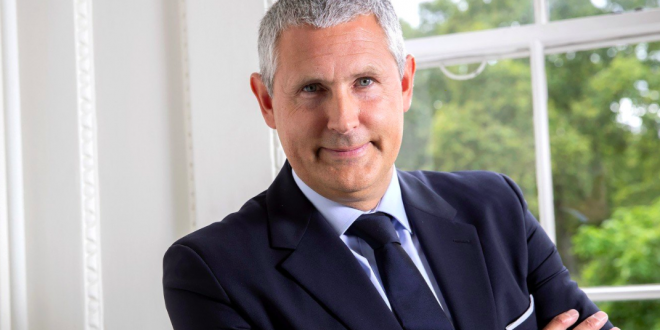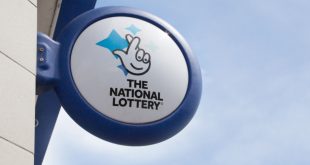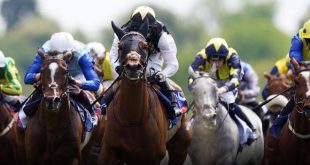William Hill Plc has branded 2020 as a ‘challenging but transformative year’, as the heritage bookmaker moved to finalise its £2.9 billion takeover by US partner Caesars Entertainment.
Adjusting for the H1 closure of its UK retail betting estates, William Hill recorded a full-year net revenue decline to £1.3 billion, down 16% on corresponding 2019 results of £1.5 billion.
Nevertheless, William Hill lauded the strong operational progress of its online gambling division which maintained its growth momentum in delivering a 9% net revenue increase to £802m (FY2019: £738m).
Online growth was maintained against a tough regulatory backdrop, which saw the governments of the UK, Sweden, Italy and Spain impose temporary online compliance controls throughout 2020.
William Hill underlined that its continued online growth was supported by executing key upgrades to its group-wide technology platform, and the firm now able to operate its William Hill Online and Mr Green brands from a central hub in Malta.
Citing a strong H2 recovery, William Hill’s online division delivered ‘adjusted’ operating profits of £122m – up 3% on FY 2019 comparatives of £119 million.
Ulrik Bengtsson, Chief Executive Officer, commented: “We began the year well and finished the year even stronger, highlighting the traction generated by our strategic focus on Customer, Team, Execution.
“The performance in the second half is clear testimony that our strategy is bearing fruit. In the UK, the competitive position of our online offerings for both gaming and sports has been materially strengthened, and our omni-channel product is delivering encouraging early results.”
The firm’s online growth offset dire 2020 retail circumstances, with William Hill forced to lock down its entire 1,400+ UK betting shops, and with store re-openings further limited by regional restrictions.
William Hill’s severely disrupted retail unit saw its net revenues halved to £354m (FY2019: £717m).
Citing that retail costs were ‘primarily fixed’, despite implementing unit costs controls, William Hill recorded total estate operating expenses of £308m as the division recorded a combined operating loss of £30m – against FY 2019’s £83m profits.
In its statement, William Hill underlined that COVID had denied the firm the opportunity to show its intended retail strategic progress, a year-on from undertaking adjustments following tough new £2 stake limitations for B2 Gaming Machines..
The company explained: “Retail continues to play a key role in sustaining the value of the William Hill brand and delivering a single view of our UK customer. We have begun to move towards an omni-channel offering, bringing UK Retail and UK Online together under one leadership team with one goal – to be our UK customer’s first choice for betting and gaming.”
A breakdown of group-wide costs saw William Hill absorb total retail impairment charges of £126m, with the FTSE firm allocating a further £70m in direct costs attached to Caesar Entertainment’s accepted takeover offer.
Mitigating tough 2020 circumstances, William Hill declared group adjusted operating profits of £57m down 61% FY2019’s £147m.
However, the firm’s statutory performance reversed FY 2019 loss of £37m. William Hill declared operating profits of £51 m, as the company benefited from HM Treasury VAT reversal of £208m.
Closing its 2020 accounts, William Hill described 2020 as a ‘year like no other’, as the firm prepares to update regulators on the next steps of its merger with Caesars Entertainment, ending its listing as an FTSE betting group.
Bengtsson added: “As William Hill embarks on a new chapter, we will continue to prioritise the protection of our customers. The UK Government has commenced the gambling review and we will engage with the relevant stakeholders to encourage evidence-led legislation that finds the right balance to keep our customers safe within a well-regulated ecosystem, to secure the tax base and to secure the industry.
“The William Hill brand remains highly regarded and is well-positioned for its future under new ownership. I am indebted to my colleagues and employees, who have made this happen and realised such value for our shareholders.”









